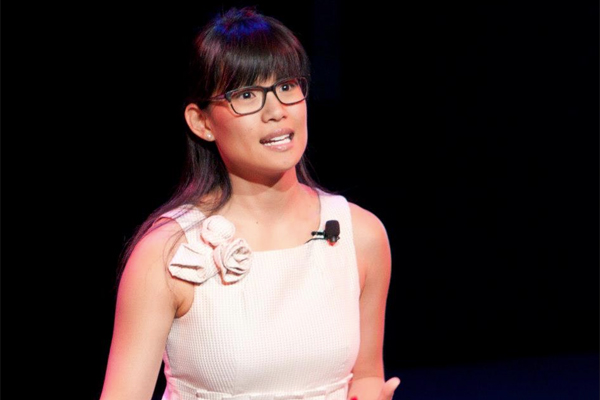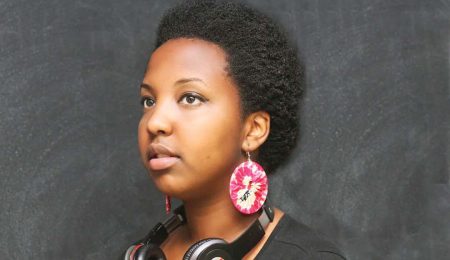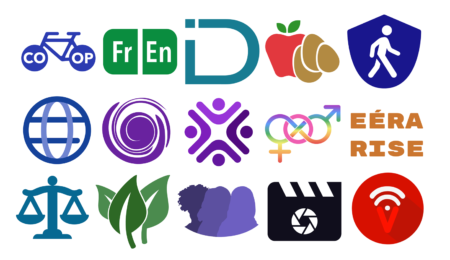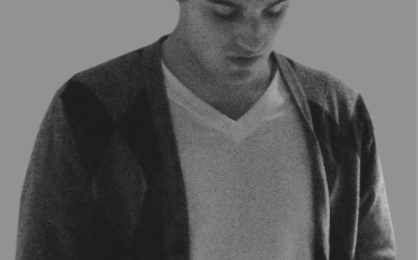Bi-weekly spoken word workshop at Women’s Resource Centre hosted by master’s student
Photo courtesy of Jenna Tenn-Yuk
Jenna Tenn-Yuk carries many titles: student, TEDx speaker, singer-songwriter, community activist, and spoken word poet. Of her many titles, spoken word poet is the one she may be best known for at the University of Ottawa.
She spends her days working for the Canadian Mental Health Association and working on her master’s in women’s studies. She also runs bi-weekly spoken word workshops through the Women’s Resource Centre in the Jock Turcot University Centre and a monthly poetry series called Words to Live By at Pressed Café on Gladstone Avenue.
For Tenn-Yuk, spoken word is much more than just an art form — it is her way of challenging dominant culture and speaking up for marginalized people. With a background in journalism, her passions are communication and self-expression in whatever forms they may take. She strives to help people find their voices through performing, teaching, or leading workshops.
This idea of following passions is at the centre of everything Tenn-Yuk does. Rather than focusing on the professional value of her degree, she approaches education in a new way. She looks not at what she can do with her studies, but rather what she can learn from them, and how those lessons can be applied in pursuit of her passions.
As such, echoes of her education, as well as her personal beliefs can be found interwoven throughout her poetry. She takes particular interest in the complexities surrounding identity and negotiating the various aspects of what defines who we are.
“I want to show people that who they are is worth so much,” she says, “and that they shouldn’t have to change those parts of their identity.”
She places an added emphasis on life experiences, and often uses personal fears or vulnerable moments from her own life as source material for her poetry.
“A lot of people are afraid of who they are and afraid of examining what is going on in their lives,” she says. “When you share a vulnerable piece of yourself, and someone comes up to you and says, ‘You put words to my experience, thank you,’ you know it was worth it.”
Although some spoken word poetry can be marked by an indignant undertone, Tenn-Yuk’s work demonstrates a more hopeful outlook. She says that although art is a powerful place to express anger, it’s more constructive to encourage spectators to step up and see ways they can make changes in their own lives, and then the lives of those around them.
For Tenn-Yuk, it doesn’t stop when the performance ends. Be it on or off the stage, she is always eager to interact with members of the community.
To those of us who are itching for change, be it on a global scale or just searching for those everyday miracles, she says, “Each one of us has something beautiful to offer our communities, so don’t be afraid to speak up and be part of that change. Your voice may be missing from your community and what you have to say matters.”
For more information about Tenn-Yuk’s workshops and community engagements or to see some of her spoken word poetry performed, check out her blog at jennatennyuk.com.





